LAS CRUCES, N.M. (Army News Service, May 21, 2008) - Purple Heart recipient Spc. Jake Lowery officially launched the U.S. Army Wounded Warrior Sports Program with an inspirational team-roping performance at Denny Calhoun Arena May 10-11.
Lowery, 26, of Fort Richardson, Alaska, lost his right eye and sustained massive head injuries when he was hit by an improvised explosive device that killed a fellow Soldier in Fallujah, Iraq, on Feb. 11, 2007.
Less than a year later, Lowery, a lifelong cowboy, was back aboard a horse and roping steers despite suffering from a traumatic brain injury and posttraumatic stress disorder.
"This pretty much keeps me going - it's the only thing that does," he said. "Without it, I'd just be hanging out in my room somewhere."
The Wounded Warrior Sports Program was designed to give active-duty Soldiers with life-altering injuries an opportunity to compete in sporting events by paying for their athletic attire, registration fees, transportation, lodging and per diem.
Lowery travelled from Alaska to El Paso, Texas, and connected with family for a ride home to Silver City, N.M., where he, stepfather John Escobedo and grandfather Pete Escobedo loaded a trailer with horses and drove to Las Cruces for a weekend of roping.
All three competed in the Troy Shelley Affiliate event.
"This is one of the best things the Armed Forces could have done because it's just therapy for these guys who feel like 'I lost this. I lost that,'" said Sgt. 1st Class (ret.) Pete Escobedo, 83, who served 27 years in the Army. "If you really want to do something with yourself ... Jacob is a prime example. He's really trying.
"We're thankful for the Army for doing everything it can for him."
Lowery teamed with different partners to successfully rope two of six steers in the first round of competition on Saturday. After roping two more in the second round and another in the
third, he was sitting in third place entering the final short round. But when prize money came into play, his steer got away.
"It looked good to me," Lowery said of his final toss. "I'm not sure how he got out of it. I guess it happens that way sometimes, especially in this sport. Maybe I roped him a little too low. If not, I don't know."
Despite struggling with limited depth perception, Lowery is encouraged that his roping skills will continue to improve. He already bounced back to win an all-around crown in Alaska and teamed with his stepfather to capture the team-roping title at the Professional Armed Forces Rodeo Association's 2007 World Finals in Fort Worth, Texas.
"I'm not back to where I was, by any means," Lowery said. "I just keep practicing and hope it eventually comes back."
Lowery's first run of 8.43 seconds was one of the fastest of the morning among 450 cowboys in Las Cruces. He posted another quality time of 8.69.
"Yeah, it was good, but it could have been better," he said of the full day of roping. "It was awesome just to come down and get out of the cold weather for awhile. I really enjoyed it."
Pete has faith that Jake eventually will overcome TBI and PTSD. Putting him on a horse is the best therapy he knows.
"I have been roping with Jacob since he was knee high to a grasshopper," granddad said. "I just don't have words to explain the love that we have for Jacob and how much we enjoy ourselves doing what we do. He's worked very hard. I'm sorry that he had to be injured the way that he was, but we're doing the best that we can.
"He has taken his injury and forgotten it, to a degree, while he is doing what he loves the most. If you go to our house, this is all you'll find: horses and cattle. If we're not roping today, we're roping tomorrow."
On this weekend, they were roping both days - three generations of cowboys taking turns roping steers in 100-degree desert heat.
"Jake has done remarkably well in coping with his injury," Pete said. "Instead of saying: 'Well, I'm injured,' he says: 'I'm going to do what I can. The Good Lord handed me this hand, so I'm going to do with what he dealt me the best that I can.'"
John, too, is proud of how Jake has dealt with adversity, but he's also experienced the aftereffects firsthand.
"Sometimes he gets those debilitating headaches and they just knock him smooth out," John said. "And then he just doesn't feel like doing anything. And if he does feel like it, his head is hurting so bad that he's not able to.
"There's a lot of stuff in your head after you go to war and get blown up that you just can't throw away. Me, I don't have a clue because I've never been, but I can just imagine. A good friend of mine was a Navy SEAL in Vietnam and he got blown up big-time, and the guy's got the best attitude of anybody I ever met.
"Jake wasn't hit for ten minutes and he was on the phone asking: 'What can I do''" John said. "We got him cycled through (the recovery process) and once he started getting right, he called me up and said: 'It's not the events in your life that matter; it's what you do with those events. If you want to lie around and be a crybaby, be a crybaby. If you want to jump up and do something ...'"
That call made John proud.
"I told him before he left: 'When you sign (enlistment papers with the Army), I can't come and get you.' And he said: 'I ain't worried.' He's never regretted his decision to go, not at all. He's never got on the 'Poor me, I wish I hadn't' and stuff like that. We hand him a lot and don't
give him the opportunity to lie around and have his own personal pity party. It's like: 'Hey, get up, let's go do something.'"
Then another curious moment comes along.
"At to the world finals last year, he was sitting up at the top of the coliseum by himself," John recalled. "He just couldn't stand the confinement of having people all around him. It's just the little things, like he'll forget to shut the gate (after riding the horse through)."
The affects also can be seen in Jake's prolonged moments of silence.
"If we can ever get him to where he'll just start talking again and intermingling with people and not being paranoid, I think life will be good," John said. "When he's on horseback or working out, he's a normal guy. But we'll be sitting at the house watching TV or something and it ain't the same guy. We drove six- or seven-hundred miles to the world finals - 14 hours of drive time - and he probably said three words.
"But you stick him on a horse or in the gym, where his comfort zone is, and he's fine."
At age 83, Pete derives inspiration from his injured grandson.
"His motivation is the love for this sport, and that keeps him wanting to get better instead of finding excuses as to why he can't do something," he said. "He's finding ways and reasons to do whatever he can. We really don't worry too much about him, especially when we see how he's progressing and conducting himself with his injury. He's just not letting it get him down."
Jake believes that sets him apart from some of his fellow injured troops, whom he says "don't seem to want to do anything." He couldn't wait to get active again.
"Some of the Morale, Welfare and Recreation people told me about it when I was at the Warrior Transition Unit," Lowery said of the Wounded Warrior Sports Program. "About two days later, I sent in the paperwork. I sent them about four or five events they could pick from."
"This was the perfect venue for this particular guy," said Army sports specialist Mark Dunivan, who expects more applicants to follow. "I have been contacted by an amputee who wants to run in the USA Triathlon Physically Challenged National Championships in New York in July. I think it's just a matter of getting the word out a little bit more."
Instructions for the application process to participate in the Wounded Warrior Sports Program are available at www.ArmyMWR.com. For more details, contact Dunivan at mark.dunivan@us.army.mil or 719-526-3908 or Peggy Hutchinson at peggy.hutchinson@us.army.mil or 703-681-7211.
(Tim Hipps writes for FMWRC Public Affairs)
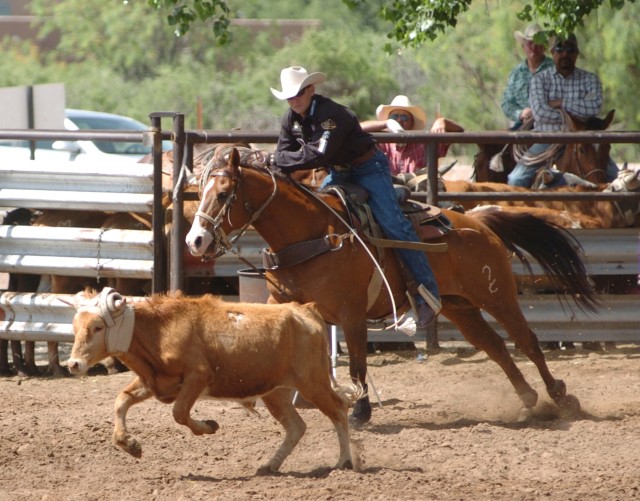
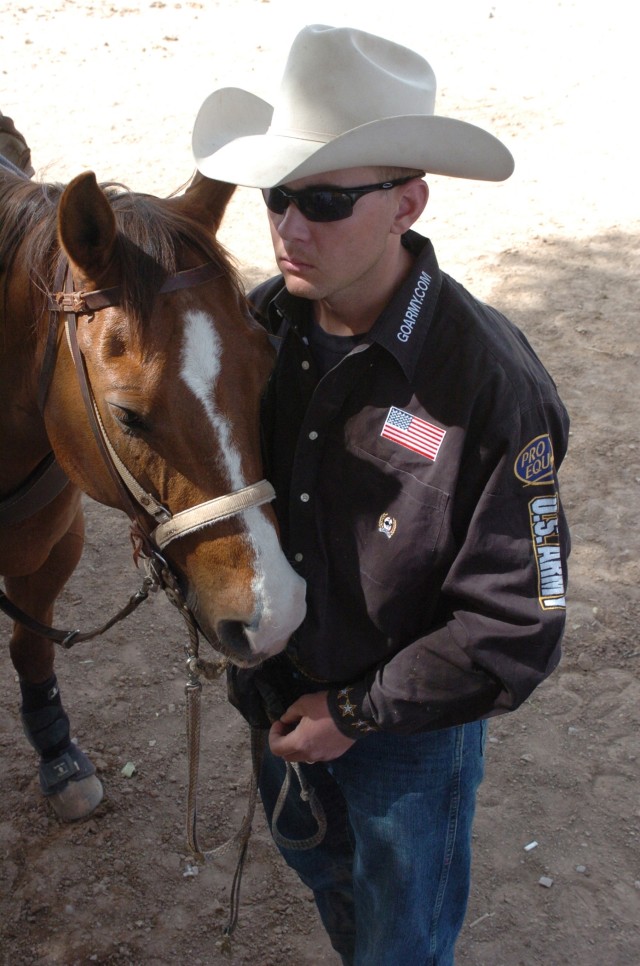
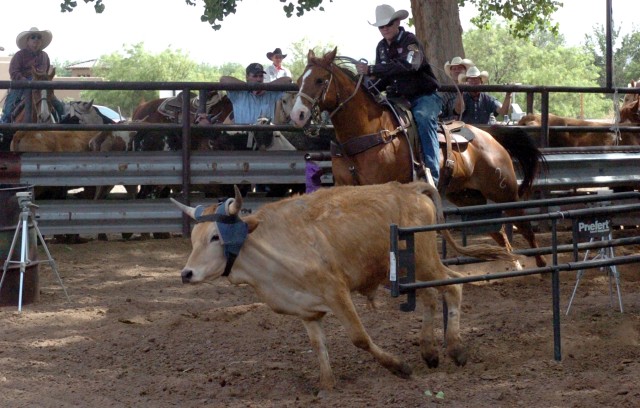
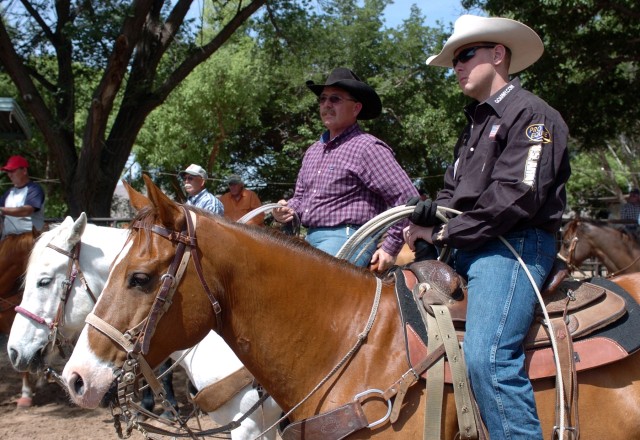
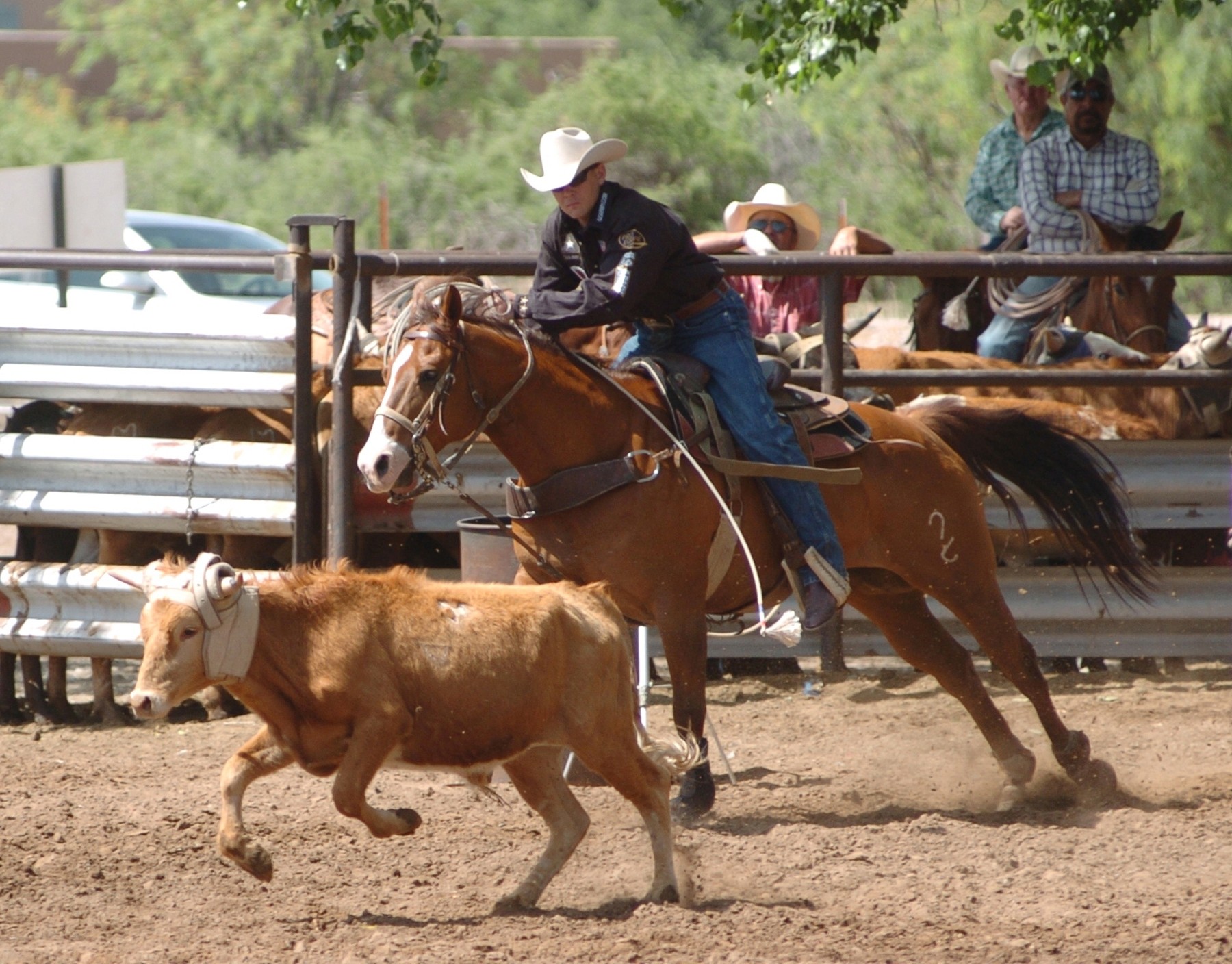
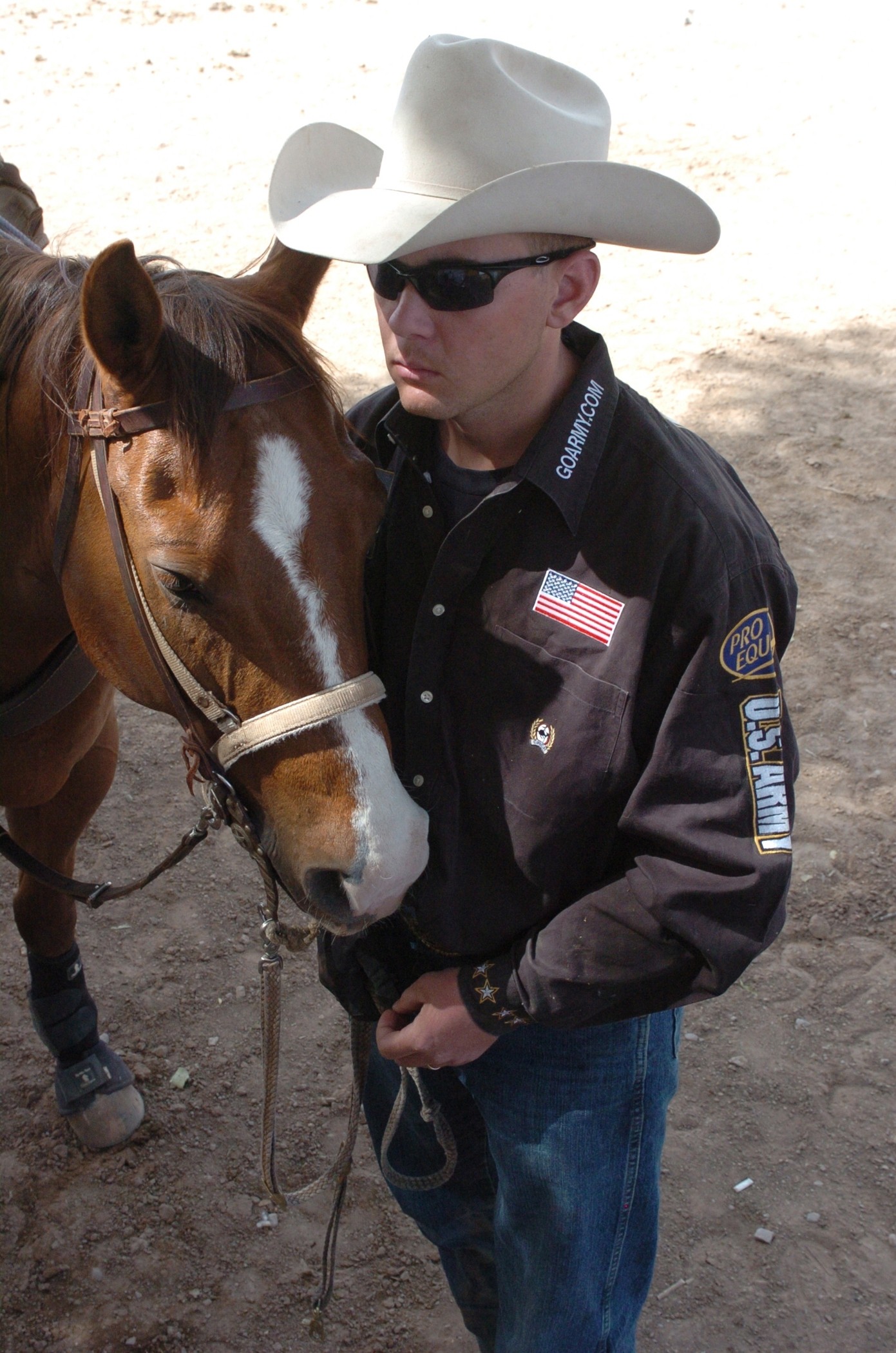
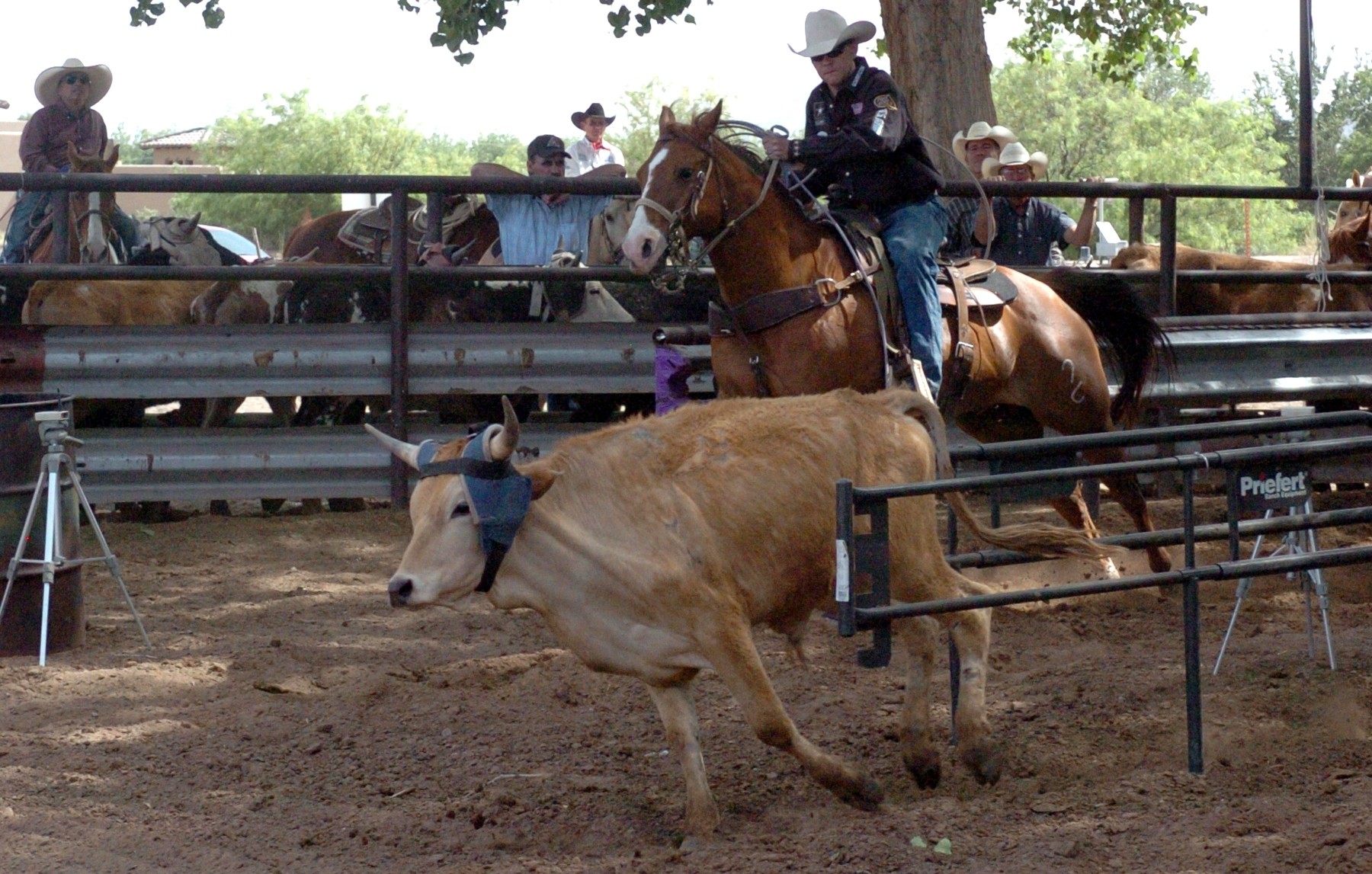
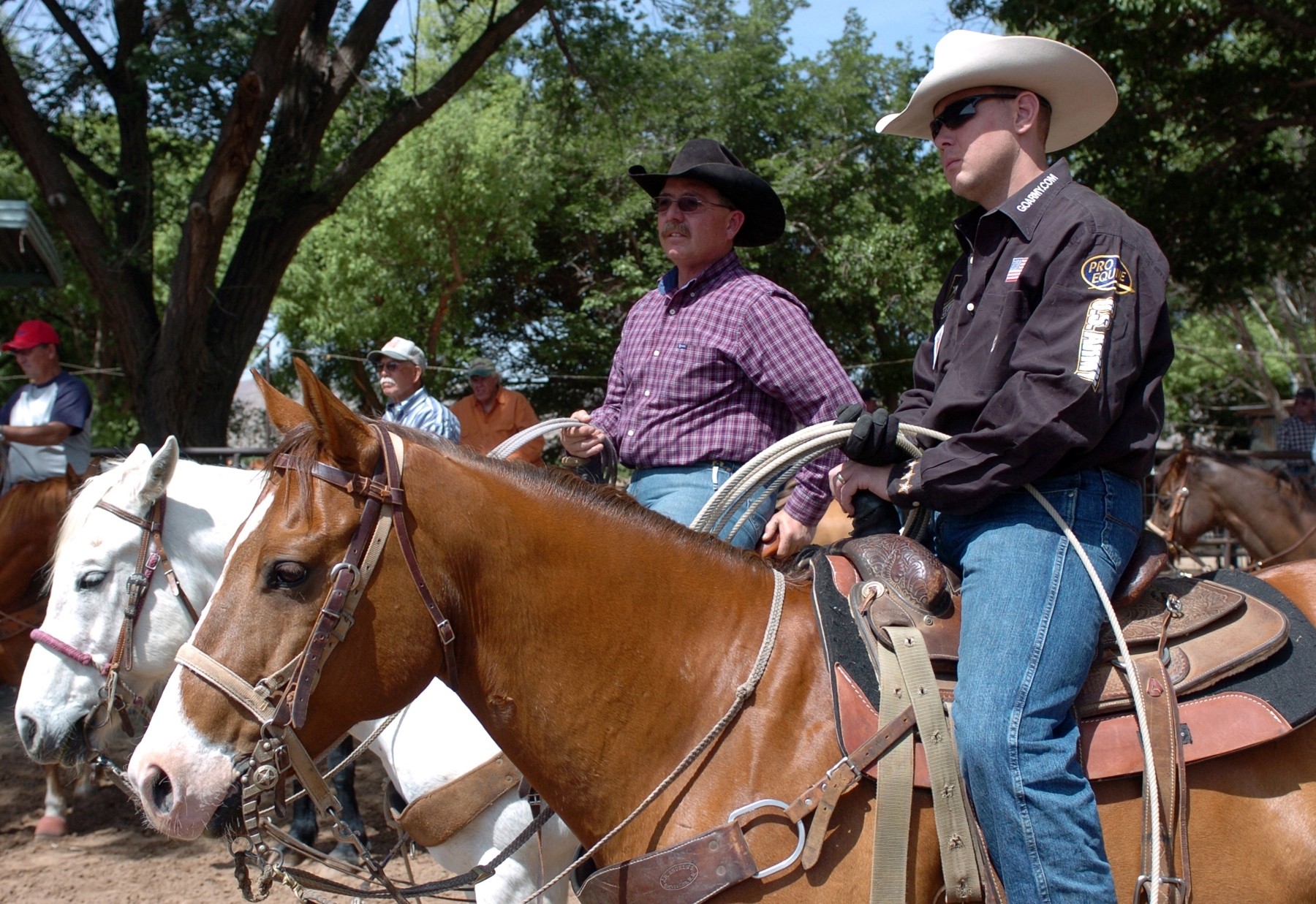
Social Sharing